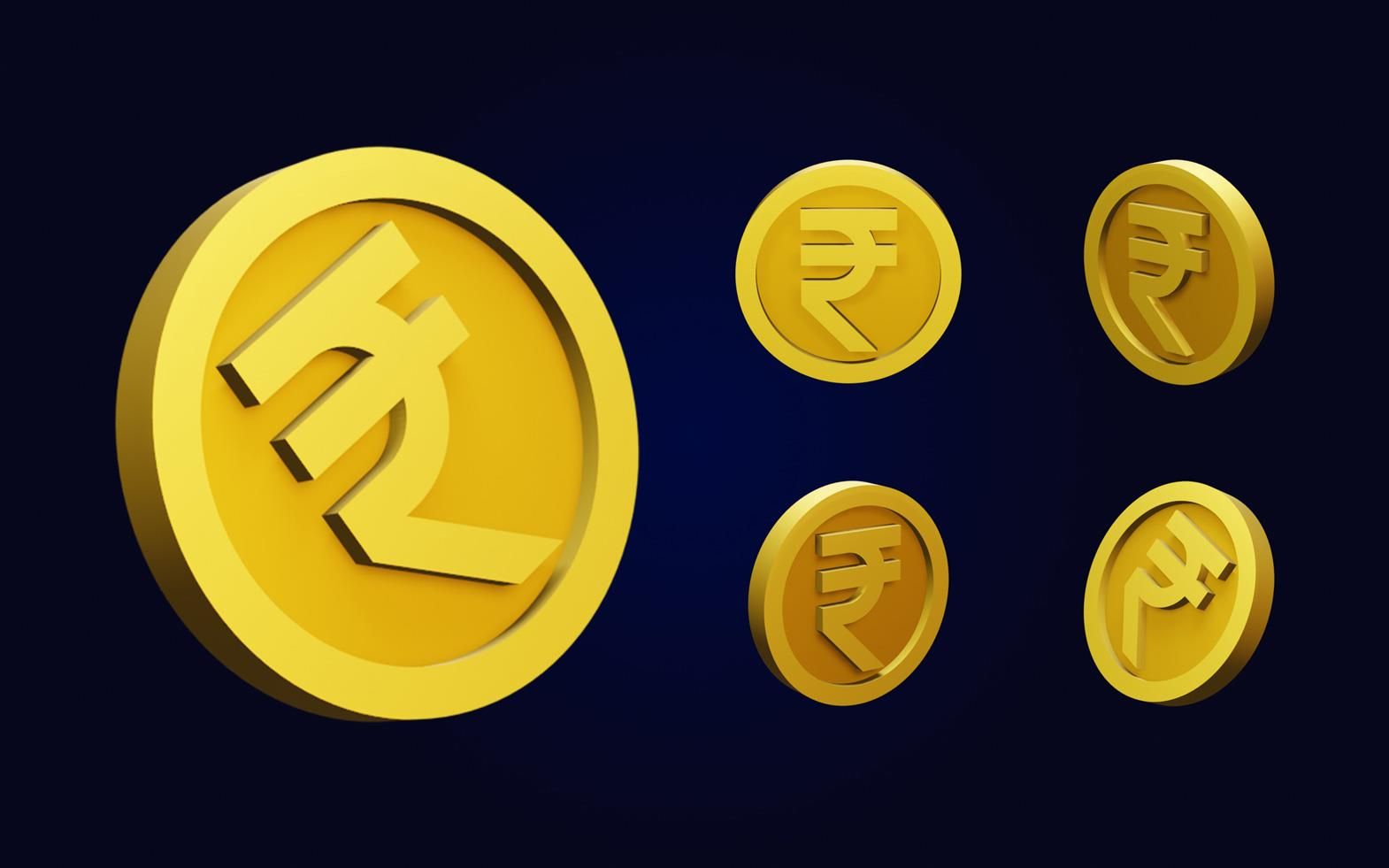Although the rupee has depreciated against the dollar recently, the Indian MSME sector may not be able to take advantage of the situation due to several issues that are creating obstacles in the growth of MSME exports.
Opining his views, the Federation of Indian Small and Medium Enterprises (FISME) Secretary General, Anil Bhardwaj, stated, "The fall of the Indian currency to historical low levels against major currencies coincides with the fall in exports. There are several reasons. One, world trade growth itself has slowed down, and India's major buyer countries EU and US are also experiencing low growth. Secondly, persistent higher inflation and higher labor costs, thanks to social security schemes like MNREGA, and higher transportation costs have blunted the edge of Indian exports that the weak rupee provided to exporters."
The rupee so far has fallen to a record low of 61.21 against a dollar.
He said that in order to boost MSME exports from the country and take advantage of the market, it is necessary to promote goods exports to the Association of Southeast Asian Nations (ASEAN) region as it is providing potential opportunities at the moment. This, they (FISME) have recommended to the inter-ministerial group set up to boost exports from MSMEs under the chairmanship of the Finance Secretary.
According to government estimates, MSME exports have declined from 40 percent to 36 percent of the country's total exports recently. The government feels that to increase the country's total exports, there should be potential growth of exports taking place from the MSME sector. But, the biggest setback at the moment for boosting exports from the MSME sector has been the phasing out of the Duty Entitlement Passbook Scheme (DEPB), which provided a set-off mechanism for taxes from exported goods, said Bhardwaj.
"The DEPB was phased out last year by the Ministry of Commerce citing reasons of its incompatibility with the WTO regime. In the absence of DEPB, there are two existing instruments for tax reimbursements: Advance License and Duty Drawback," he added. In the case of MSMEs, he said that the Advance License route is impractical because the value of their export consignments is low, and therefore the import of smaller quantities of raw materials as per Advance License is not viable. Secondly, the cost and time of acquiring an Advance License is a big deterrent.
On the other hand, the textile exporters running small and medium-sized companies feel the rupee depreciation can benefit and make their exports more competitive as well as help the sector as a whole.
"We export over 35 percent of our production and our import intensity is around 5 percent. The US economy is picking up, which has helped in increasing our textiles exports, especially of finished products. There is some improvement in the order position from the EU also, though their economy is not yet out of the woods," said D.K.Nair, Secretary General, Confederation oflndian Textile Industry (CITI). "The demand for yarn and fabrics in Asian and other countries is also picking up. Thus, the current fiscal can be a boon year for the textiles and garment industry," he added.
Further, FISME has also proposed two solutions to the inter-ministerial group set-up to boost exports from MSMEs. One, commissioning of a study to identify on priority products ofMSME interests and liberally fix general rates of drawback to considerably enlarge coverage for the drawback scheme. The mechanism for payment of drawback also needs easing in consultation with stakeholders.
Second, a Duty Credit Advance License could be considered combining the better parts of DEPB as well as Advance License. It is similar to Advance License where quantity and both import duty element is mentioned. In the proposed scheme, instead of specified quantities for each input, an exporter may be allowed to import all or any one of items duty free of duty equivalent of the total duty element suffered, he said.
It could also be made transferable. It is far more transparent than erstwhile DEPB. However, the mechanism of applying Advance License needs to be eased considerably, he added.
In fact, the Market Development Companies (MDCs) should be set up to collectively market their products abroad. At least, 10-25 companies should make a kind of cluster to market their products, which will boost MSME exports from the country, Bhardwaj suggested.
This article was originally published in the August issue of the magazine, 'The Stitch Times. '








Comments